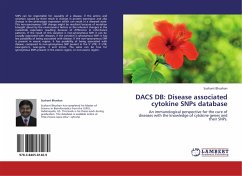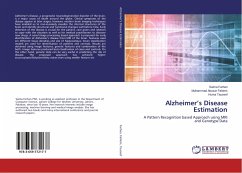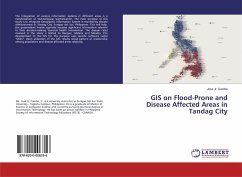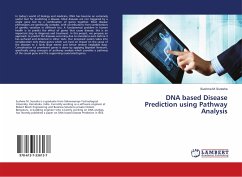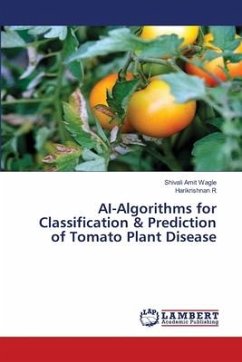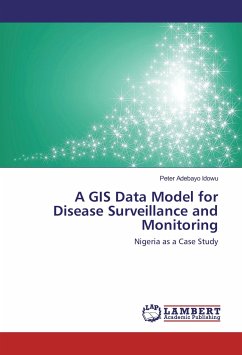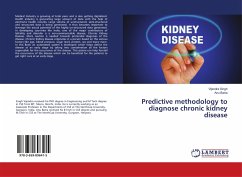SNPs can be responsible for causality of a disease, if the amino acid variation caused by them result in change in protein expression and also change in the phenotypic expression which can result in a diseased state. This non-synonymous SNP change might be resultant because of mutation brought about by the environment factors or the inherent changes in the nucleotide expression resulting because of difference in inheritance patterns. If the result of this variation is non-synonymous SNP, it can be causally associated with diseases, if the variation is synonymous SNP; it has less possibility of being associated with disease. If the non-synonymous SNP is present in exonic region, it has possibility of being associated with disease, compared to non-synonymous SNP present in the 5 UTR, 3 UTR, near-gene-5, near-gene- 3 and intron. The same can be true for synonymous SNPs present in the exonic region, or non-exonic region.
Bitte wählen Sie Ihr Anliegen aus.
Rechnungen
Retourenschein anfordern
Bestellstatus
Storno

